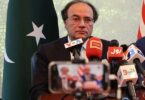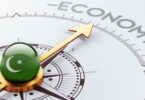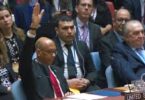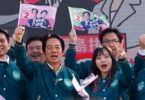The Pakistan Industrial & Traders Association Front (PIAF) Chairman Faheem Ur Rehman Saigol has said that the trade and industry had to be kept solvent and protected from default for which prudent measures would have to be taken, such as slashing imports along with strict monitoring of the central bank of forex companies to help stabilize the rupee, as the country’s total liquid foreign exchange reserves declined by $206 million during last week.
According to him, the strategy of curbing imports was not growth-friendly, as the PIAF does not believe in the import substitution model and is in favor of export expansion. He was of the view that the government and private sectors have to perform better in order to achieve economic stability through gradual and orderly reforms in different sectors.
The recent wave of inflation had badly hurt all factions of society from private businesses to industry, multinational corporations to government enterprises, and farming to common households. The unprecedented and unpredictable depreciation of the rupee coupled with political instability further worsened the economic situation in the country. The government announced a ban on imports to control import bills and lower the trade deficit, while the State Bank of Pakistan increase the interest rate to support the national economy.
The government measures had been criticized by Financial experts and the business community on different grounds. While acting governor of the State Bank of Pakistan particularly briefed the media on Central Bank monetary policies and expressed confidence that Pakistan would share the fate of Sri Lanka which was being propagated by various circles. In fact, the unusual delay in the release of funds from the IMF further spoiled the situation.
Although, the government is working hard to sail the national economy out of the current crisis through the purchase of oil on deferred payment and other monetary assistance from friendly countries, however, the threat still persists and the government needs to control non-development expenditure, towery projects, and unjust subsidies to avoid unnecessary pressure on foreign reserves in the days ahead until the economy gets stable.






